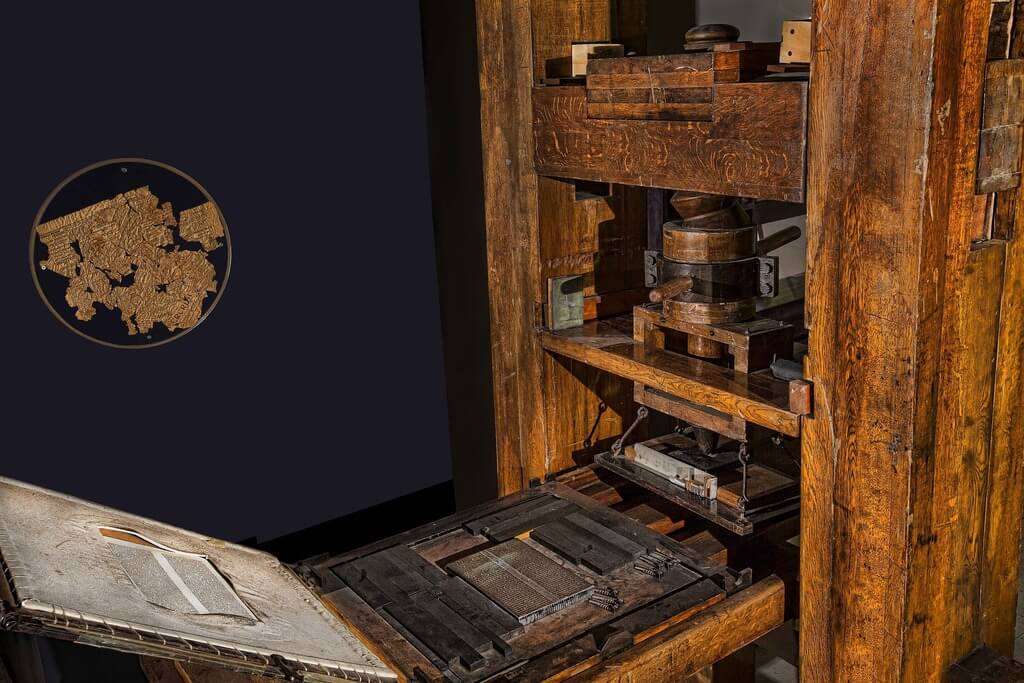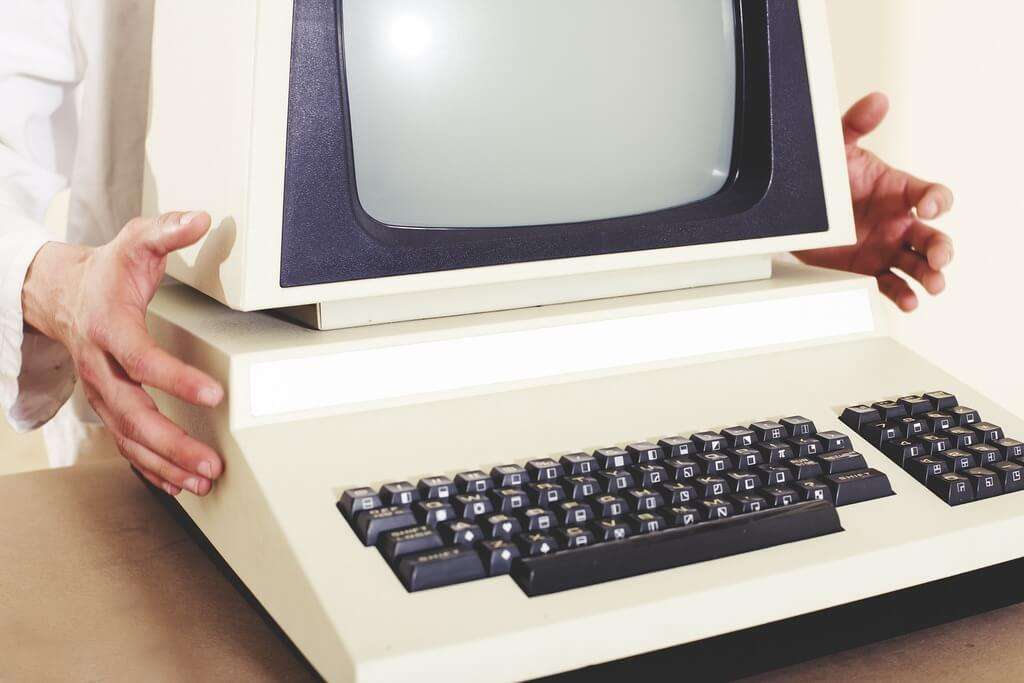Technology is a key component in our lives. Humans have created tools to help them make the physical world easy since early times. Many inventions changed history, and counting down the greatest is nearly impossible. However, some had a huge impact on our lives. Below are the greatest inventions of all time. So, what are the most important inventions of all time?

The Wheel
The wheel is considered the greatest invention of all time because it paved the way for other innovations, such as chariots and wheelbarrows. It changed how people worked, traveled, and lived. Other inventions that owe their existence to the wheel include steamboats and mills.
The wheel may seem basic, but the concept was impossible to imagine back then. Firstly, it required a fixed axle to work. Secondly, the end of the axle and holes in the wheels needed to be smooth, which was hard to achieve. Axles required the correct tightness to fit perfectly in the holes and also to ensure good rotation. Note that the Sumerian people in Mesopotamia invented the wheel after inventing sewing clothes, basket weaving, and boats.
Fire
We can argue that fire was not invented but discovered. Early humans had observed fire but never knew how to control it. They never knew how to make use of the new tool.
Humans started using fire 2 million years ago, but it was widely used around 125,000 centuries ago. Fire provided protection and warmth and led to other important innovations and skills, such as cooking. Cooking helped early humans get nutrients that supported their expanding brains. Fire is one factor that gave humans an advantage over other animals.
Printing Press
Many people think that Johannes Gutenberg invented the printing press, but it’s not true. The oldest printed material was a Chinese Buddhist scroll and utilized block printing. However, Gutenberg changed how printing worked in 1436 by inventing a metal block press.

Each letter had its block, and there were molds to create many metal blocks for each letter. Guttenberg also utilized a wine pressure to put uniform pressure on the metal type. Guttenberg produced 200 copies of the Bible in less than three years. This was a significant milestone back in the day.
Unfortunately, Gutenberg died broke because people didn’t appreciate his innovation. His creditors took his presses and left him with nothing. However, the printing press became popular after his death. Pamphlets, books, and papers became affordable and accessible due to Gutenberg’s invention, although he never lived to see them.
The Computer
Undoubtedly, our lives wouldn’t be the same without the computer. Many great minds contributed to the investigation and enhancement of the computer, but there are some notable minds. For instance, Charles Babbage came up with the digital computer idea. Charles envisioned a device that had a memory and could execute mathematical operations. The idea was called an analytical engine and consisted of elements of current computers.

A breakthrough came in 1946 when J. Presper Eckert and John William Mauchly invented the general-purpose computer. The success of this computer also relied on some six programmers who are not well known.
Vaccines
Inoculation isn’t a new idea and can be linked to the the17th century when Buddhist monks drank snake venom to protect themselves from smallpox. Doctor Edward Jenner is the pioneer of vaccinology. He invented the smallpox vaccine in 1796 and paved the way for more developments. Louis Pasteur later developed anthrax, cholera, and rabies vaccines.
There were different vaccines for mumps, measles, and rubella. Maurice Hilleman developed a single vaccine for the three diseases in the 1970s. Hilleman ended up developing more than 40 vaccines, such as pneumonia, meningitis, and Hepatitis.

The Compass
Ancient sailors used stars to navigate. This method was hard to use during cloudy times when stars were invisible. The compass was invented during the Han dynasty in China in the 1st century. The compass was made from magnetized iron ore and lodestone.
The compass was first used for navigation in the 12th century by the Song dynasty. The technology later spread to the West and improved global trade. There are many inventions that we didn’t mention but have had a significant impact on our lives. Electricity, the telephone, the airplane, the radio, the light bulb, and the elevator are notable inventions.
Also Read: Which Invention Has The Biggest Impact On Humanity?
